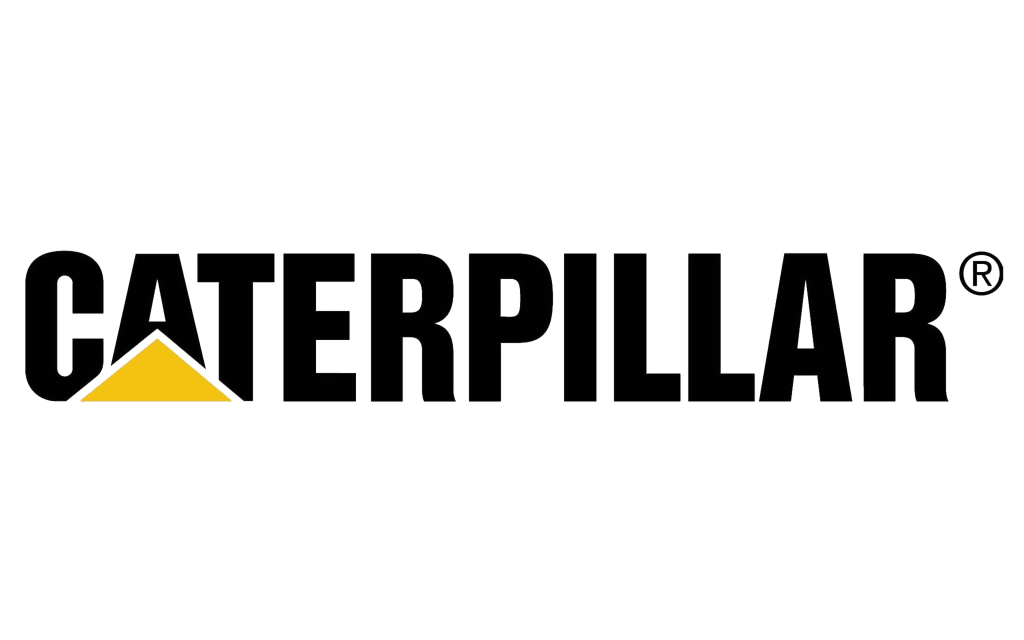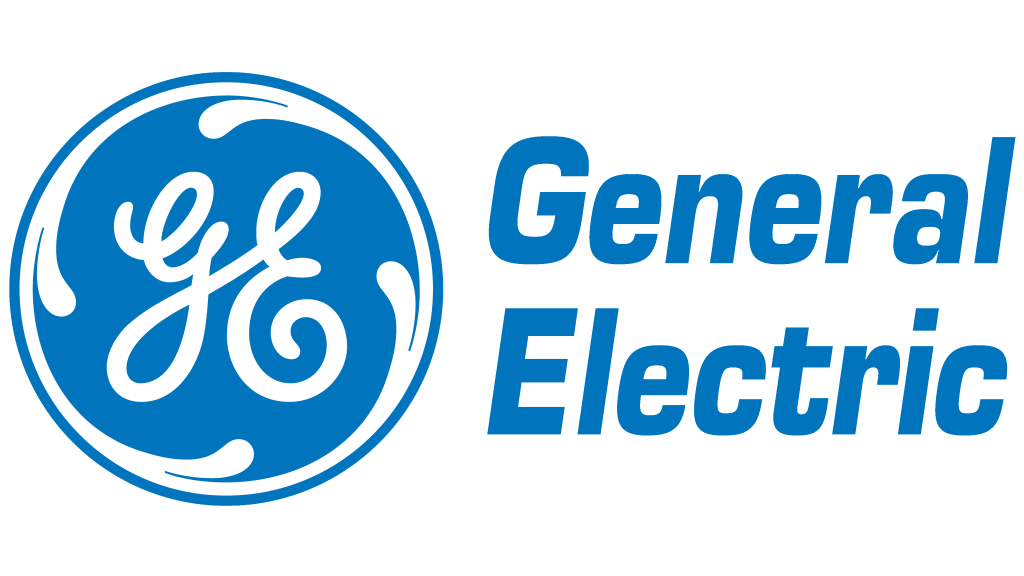AI is transforming nearly every facet of the healthcare industry. From diagnostics and patient care to back-office operations and workforce management, AI offers powerful tools that can drive efficiency, improve outcomes, and reduce costs. Yet with this promise comes significant responsibility: ensuring that innovation does not compromise ethics, transparency, or patient trust.
In this guide, we’ll explore the evolution of AI in healthcare, examine how it’s being integrated into staffing and operations, assess the potential risks, and showcase real-world implementations that strike a balance between innovation and caution.

Introduction: AI in Healthcare Operations & Its Rapid Rise
AI in healthcare is no longer a futuristic concept—it’s rapidly becoming a foundational element of operational strategy. Whether it’s through machine learning algorithms, natural language processing, or robotic process automation (RPA), AI tools are now enabling hospitals and healthcare organizations to optimize decision-making, personalize care, and streamline administrative tasks.
In this guide, we’ll look at where AI is making the biggest impact, how healthcare leaders are using it to solve workforce challenges, and the ethical frameworks necessary to ensure these tools benefit everyone involved—patients, clinicians, and support staff alike.
Applications of AI in Healthcare Staffing & Operations
AI’s reach in healthcare extends far beyond clinical diagnostics. Operationally, it’s becoming a strategic tool for improving workforce productivity, reducing errors, and managing the high complexity of modern healthcare environments.

1. Smart Staffing and Workforce Optimization
Healthcare organizations are using AI-powered tools to predict staffing needs based on patient inflow, historical data, and current utilization rates. These systems can:
- Recommend optimal nurse-to-patient ratios.
- Forecast high-demand periods (e.g., flu seasons, local events).
- Minimize overtime by proactively scheduling float pools and per-diem workers.
This leads to better staff morale, reduced burnout, and improved patient care continuity.
2. AI in Talent Acquisition
Recruitment in healthcare is both urgent and competitive. AI-driven Applicant Tracking Systems (ATS) can:
- Analyze resumes and match candidates to roles with high precision.
- Automate interview scheduling.
- Score applicants based on performance potential and cultural fit.
This shortens hiring cycles and ensures that clinical units remain adequately staffed.
3. Administrative Automation
Tasks such as billing, claims processing, medical transcription, and EHR documentation consume valuable staff hours. With AI, these tasks can be partially or fully automated, freeing up time for higher-value activities.
AI chatbots, for instance, are increasingly used to:
- Respond to patient inquiries.
- Schedule appointments.
- Triage low-acuity symptoms.
4. Predictive Maintenance and Facility Management
Hospitals and clinics rely on a variety of high-tech equipment. AI helps monitor the performance of this equipment and predict when maintenance is needed, reducing downtime and improving patient safety.
Potential Risks and Ethical Considerations

While AI’s benefits are compelling, its integration into healthcare operations is not without challenges. Stakeholders must confront a range of risks, including data privacy, algorithmic bias, and overdependence on automated decision-making.
1. Bias in Algorithms
AI systems are only as good as the data they’re trained on. If training data reflects historical biases—such as underrepresentation of certain racial or gender groups—AI models can perpetuate or even amplify those disparities in hiring, treatment plans, or patient prioritization.
Example: An AI tool that predicts ER admission risk based on past utilization might deprioritize underserved patients who historically avoided hospitals due to access issues.
2. Lack of Transparency (“Black Box” AI)
Healthcare decisions must be transparent and explainable, particularly when human lives are at stake. Many AI systems operate as “black boxes,” meaning their internal logic is opaque—even to developers.
This poses serious concerns in clinical or hiring scenarios, where AI may influence decisions without clear justification.
3. Data Privacy and Security
Healthcare organizations must comply with strict regulations such as HIPAA in the U.S. AI systems often require large volumes of patient data, increasing the risk of breaches or misuse.
Robust encryption, anonymization, and data governance frameworks are essential to mitigate these risks.
4. Job Displacement and Workforce Anxiety
The automation of administrative or repetitive tasks may create fear among healthcare employees regarding job security. Leaders must manage change with empathy and ensure AI is positioned as a support tool—not a replacement.
Conclusion: Balancing AI Innovation with Ethical Responsibility
The integration of AI into healthcare operations brings immense potential—streamlined processes, enhanced decision-making, and a more empowered workforce. But success lies not just in adopting technology, but in doing so responsibly.
In this guide, we explored the applications of AI in staffing and operations, identified critical ethical concerns, and highlighted real-world implementations that demonstrate AI’s practical value.
As healthcare leaders continue to modernize, the goal must remain clear: to enhance human capability, not replace it. AI should serve as a co-pilot—augmenting the insights, empathy, and expertise that only healthcare professionals can offer.
Integrated HCP: AI-Powered Healthcare Workforce Solutions
At Integrated HCP, we’re committed to helping healthcare organizations navigate the future of work. By blending people-first practices with next-gen technology, we help clients modernize without compromising their values.
Our approach to AI integration in staffing includes:

- Human-AI Collaboration Models for safe, ethical implementation.
- Data-Driven Candidate Matching for better performance outcomes.
- Change Management Support to help teams adapt with confidence.
Explore how Integrated HCP can help your organization leverage AI in a way that’s both strategic and ethical at IHCP.






